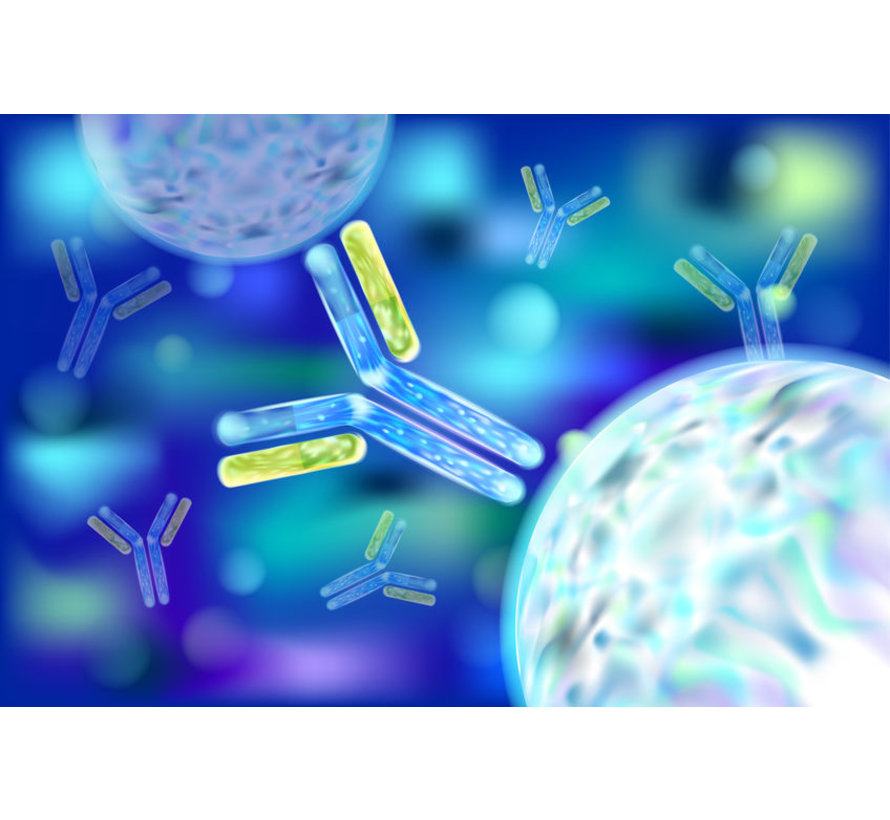Intrinsic factor antibodies Anti-IF B12 anemia
Intrinsic Factor (code INTRIG)
This test is also known by the names: Anti-IF, anti intrinsic factor, Antibodies to intrinsic factor.
This test is suitable for determining the cause of an inflamed gastric mucosa or to investigate whether anemia is due to lack of vitamin B12.
Intrinsic factor (intrinsic factor) is necessary for the absorption of vitamin B12 from food. If this does not work properly, harmful anemia can result. This anemia called Pernicious Anemia is one of the most common causes of vitamin B12 deficiency and is often an autoimmune disease. The disease is characterized by chronic inflammation and thinning,shriveling of the gastric mucosa and reduction and/or lack of parietal cells and intrinsic factor.
Antibodies to intrinsic factor lead to inflammation of the stomach lining which interferes with the production of intrinsic factor and thus the absorption of vitamin B12. Because vitamin B12 is an important building block for the production of red blood cells, lack of vitamin B12 can lead to anemia. This particular form of anemia is called "penile anemia.
Normally, the immune system (immune system) makes antibodies to fight off foreign invaders, such as bacteria or viruses. But sometimes something goes wrong and antibodies are produced against a body's own compound, in this case intrinsic factor, which disrupts a body function and can cause disease. We speak of an autoimmune disease. Thus, the formation of autoantibodies can be seen as an error of the immune system.
A large group of patients do not have anemia or excessive red blood cells so the diagnosis should not depend on that. Pernicious Anemia is more common in combination with other autoimmune diseases, such as Hashimoto, Graves, Diabetes I, hypoparathyroidism, vitiligo, Myasthenis Gravis and Lambert Eaton syndrome.
In healthy people, no antibodies to intrinsic factor are present and the test is negative.
Absence of antibodies to intrinsic factor does not rule out pernicious anemia.
In 80% of patients with pernicious anemia, antibodies against intrinsic factor are present. The antibodies are highly specific for the disease.
A determination performed within a week of a vitamin B12 injection can be false positive, and
the presence of high concentrations of free vitamin B12 can give false high results.
When finding a high vitamin B12 and a high IF value, both results may be unreliable. No antibodies against intrinsic factor are present in healthy people.





